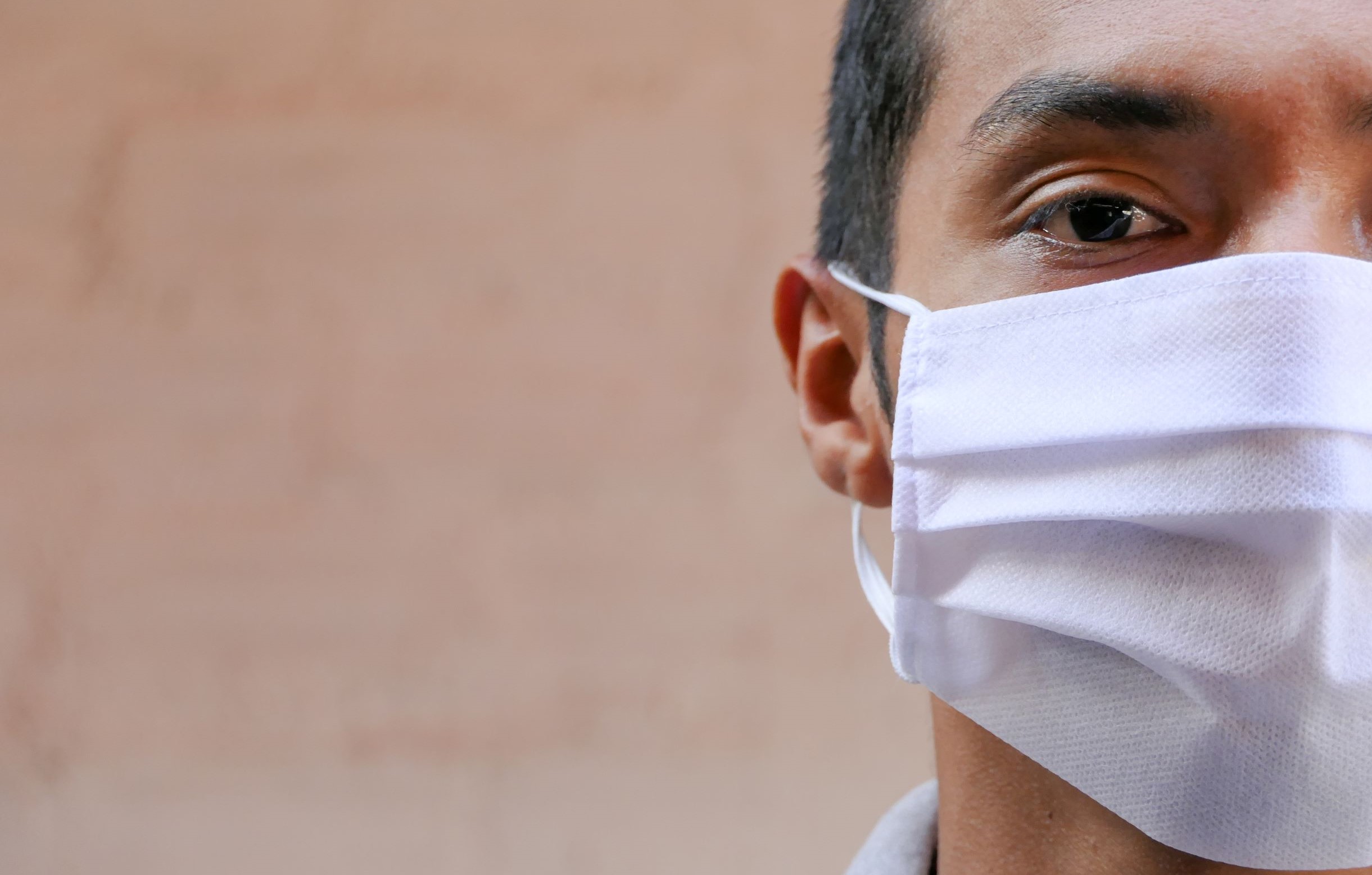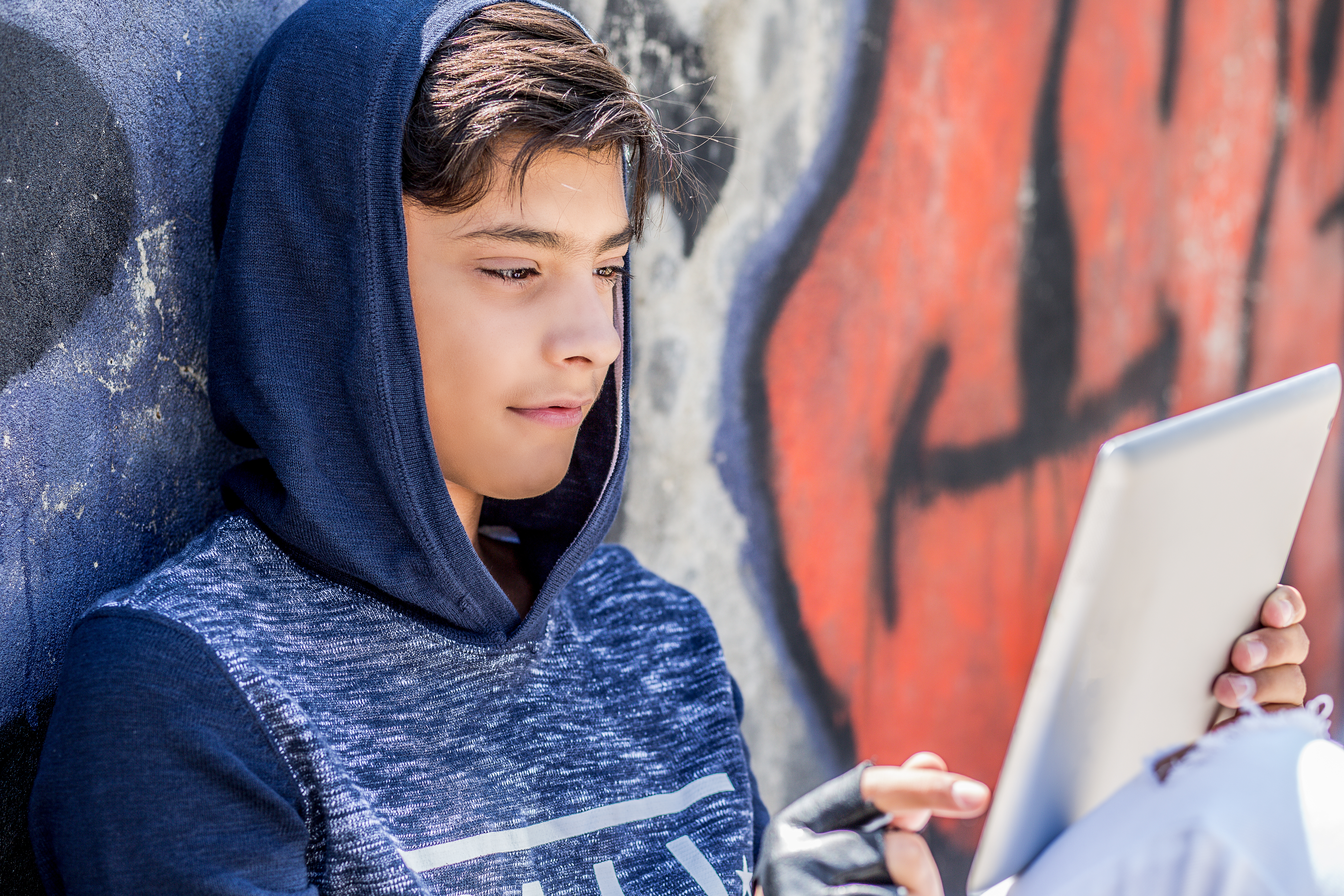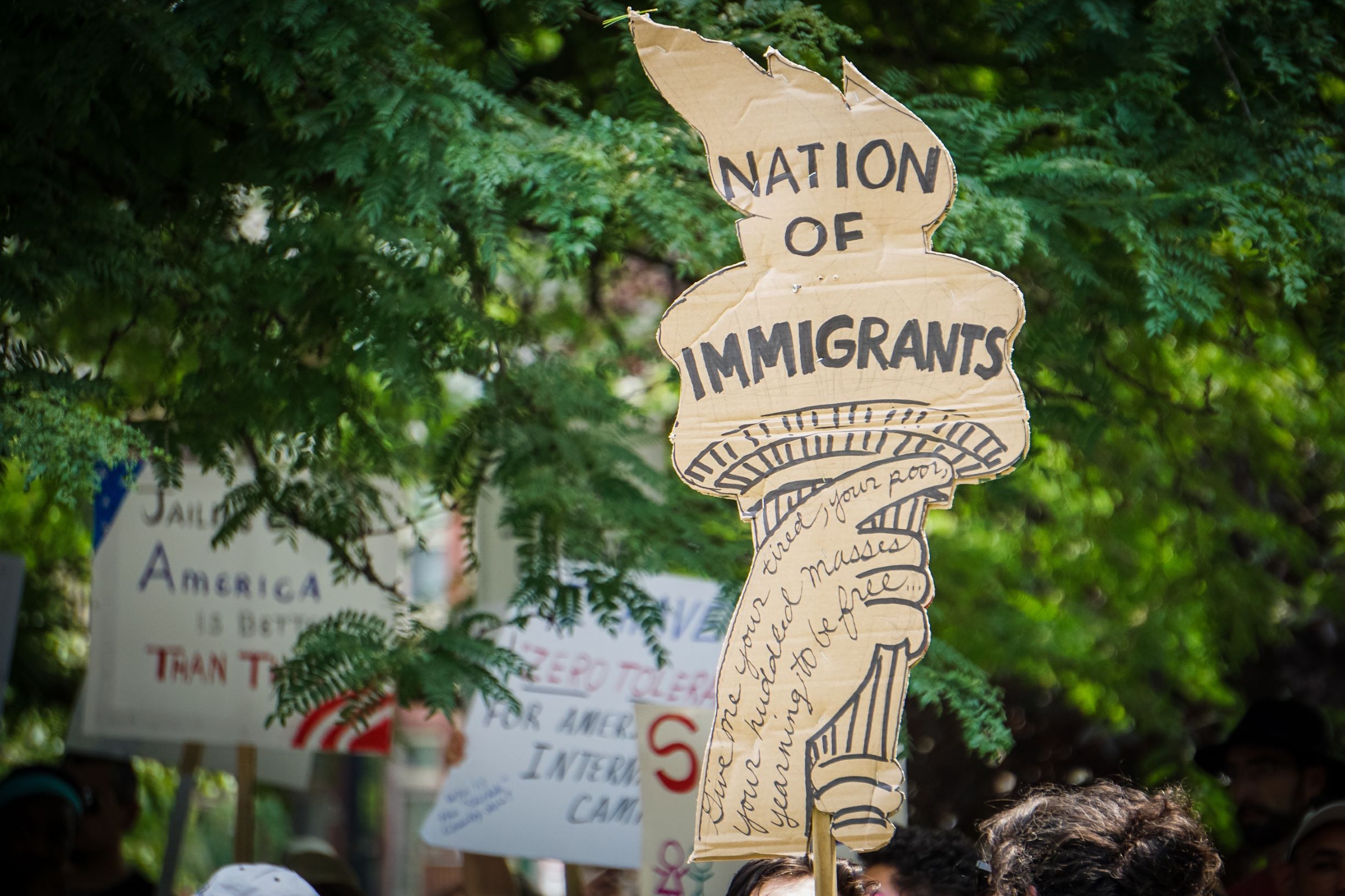Please visit this page to learn more about our work on protective resources and assets that contribute to undocumented high school and college students' resilience and thriving.
Undocumented Immigrants Coping with the COVID-19 Pandemic

This project includes conducting semi-structured telephone interviews with Latina/o/x undocumented immigrants in California to explore the following questions: (1) What stressors have Latina/o/x undocumented immigrants faced amid the COVID-19 pandemic? (2) What psychological strategies, individual actions, and communication patterns have undocumented immigrants relied on to manage COVID-19 stressors? (3) What types of services and resources have Latina/o/x undocumented immigrants in California used to manage the COVID-19 pandemic, and what factors, if any, have discouraged them from using such services and resources?
Kam, J. A. (PI) and Cornejo, M. (Co-I). 2020-2022. Institute for Social, Behavioral & Economic Research Small Research Grant, UC Santa Barbara ($8,000).
Undocumented Immigrant Youth's Transition to Adulthood

The goal of this project is to examine the stress, resilience, and thriving of undocumented immigrant youth during several developmental transition periods: middle adolescence (14-16 years of age; 9th-10th grades), late adolescence (16-18 years old; 11th-12th grades), early young adulthood (19-24 years old), and middle young adulthood (25-29 years old; Gonzales, 2011). Using a two-week daily diary survey design, this study will examine the stressors that undocumented immigrant youth face, how such stressors change over time and differ across transition periods, and how such stressors relate to undocumented immigrant youth’s academic, psychological, and physical well-being. The data also will be used to examine internal assets and protective resources that attenuate the negative effects of undocumented stressors on well-being.
Kam, J. A. (PI). (2018-2020). Academic Senate Faculty Research Grant, UC Santa Barbara ($15,400).
Stress and Coping for Children of Immigrant Families

Using semi-structured interviews with Latina/o/x adolescents, the proposed research will answer the following questions: what are the conditions under which separation and reunification and other cultural stressors place Latino/a adolescents at risk for engaging in substance use and other problem behaviors, developing adverse mental health outcomes, and performing poorly in school (RQ1)? In what ways does communication with parents and other social network members (e.g., friends, teachers, school counselors) protect against the potentially harmful effects of separation, reunification, and other cultural stressors (RQ2)? In what ways do forgiveness and hope protect against the potentially harmful effects of separation, reunification, and other cultural stressors (RQ3)?
Kam, J. A. (PI). (2016-2017). Academic Faculty Senate Pearl Chase Grant, UC Santa Barbara ($9,310).
Latina/o/x Adolescents' Hope and Resilience

With three waves of survey data from 172 documented and 253 undocumented Latina/o high school students, auto-regressive cross-lagged analyses revealed that parent, teacher, and friend hope communication at the beginning of the year indirectly increased students’ college intentions by the end of the year. A trend emerged whereby undocumented students reported significantly less hope communication and weaker college intentions than documented students within most of the waves. Our findings suggest that hope communication has the potential to increase the educational, economic, and social mobility of Latina/o immigrant students by increasing their intentions to attend college.
Kam, J. A. (PI). (2015-2016). Academic Faculty Senate Pearl Chase Grant and ISBER Social Science Research Grants Program, UC Santa Barbara ($23,000).

